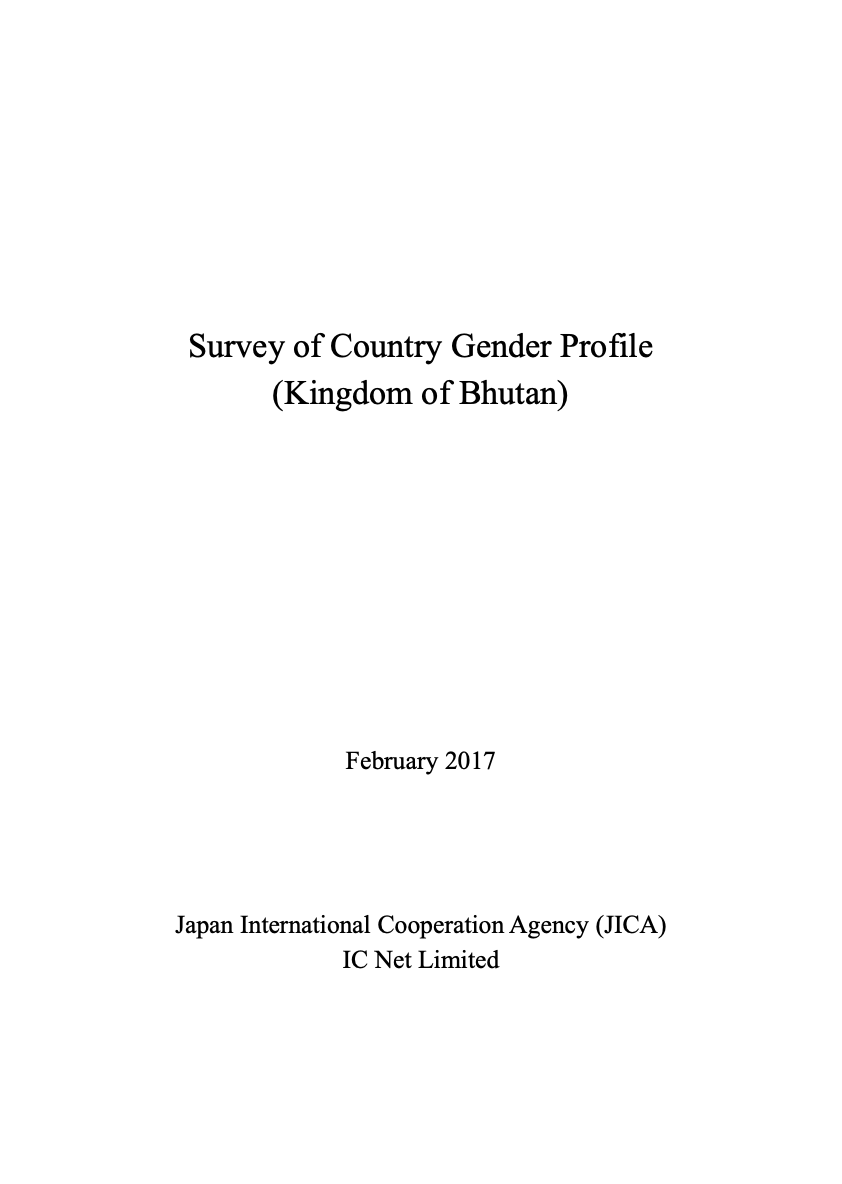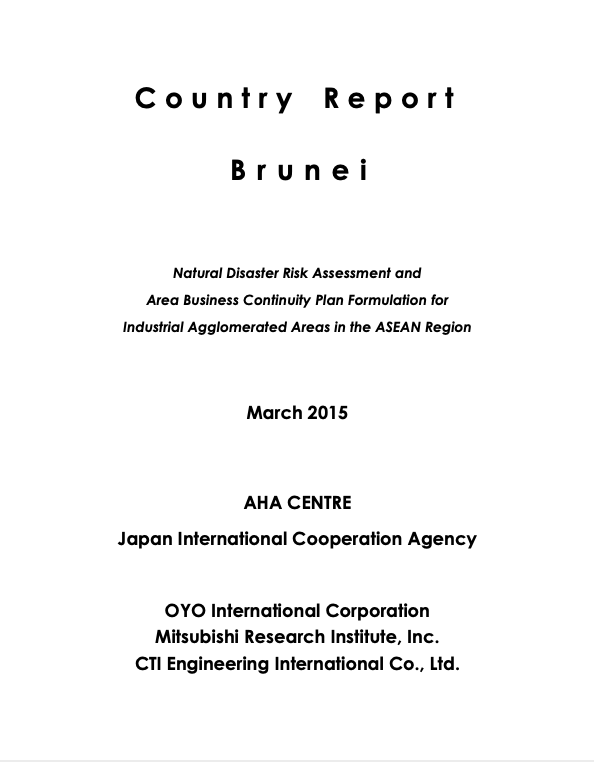The Japan International Cooperation Agency (JICA) is advancing its activities around the pillars of a field-oriented approach, human security, and enhanced effectiveness, efficiency, and speed.
Vision
"Inclusive development" represents an approach to development that encourages all people to recognize the development issues they themselves face, participate in addressing them, and enjoy the fruits of such endeavors. The role of New JICA is to effectively provide backing for this process.
"Dynamic development" refers to the creation of self-reinforcing virtuous cycles of mid- to long-term economic growth and poverty reduction in a constantly changing environment of developing countries where a variety of issues arise simultaneously and get entangled each other. New JICA will provide creative, highly effective support toward this end, at times moving swiftly and at times acting from the longer-term perspective as the situation calls for.
Mission 1
Addressing the global agenda
The advance of globalization brings positive effects, sparking economic development and providing people with new opportunities. It also has its negative side, though, including such effects as uneven wealth distribution and the cross-border issues of climate change, infectious diseases, terrorism, and expanding economic crises. These effects pose a threat to the stability and prosperity of Japan—which depends on resources from around the world—and the rest of the international community. The threat is particularly dire for developing countries. New JICA will make full use of Japan's experience and technologies as it works in concert with international society to address the various globalization-related issues developing countries face in a comprehensive manner.
Mission 2
Reducing poverty through equitable growth
Impoverished people in developing countries are particularly susceptible to the effects of economic crisis, conflict, and disaster and are constantly exposed to the risk of even deeper poverty. Moreover, growing wealth gaps are a destabilizing factor in societies. Helping people to escape poverty and lead healthy, civilized lives is a vital task not only for the growth of developing countries but also for the stability of the international community. To reduce poverty, employment opportunities must be expanded through equitable growth that gives proper consideration to impoverished members of society, and public services like education and healthcare must be enhanced. New JICA will provide support for human resources development, capacity building, policy and institutional improvements, and provision of social and economic infrastructure, thereby pursuing sustained poverty reduction through equitable growth.
Mission 3
Improving governance
A state's capacity for governance refers to its status as a society that can take the resources available to it and direct, apportion, and manage them efficiently and in ways that reflect the will of the people. Improving governance is of vital importance to the stable economic growth of developing countries. However, these states often have underdeveloped legal and judicial systems and administrative organs, which present obstacles to efforts to reduce poverty through economic growth. New JICA will offer support aimed at improving the fundamental systems needed by a state, as well as systems for effectively providing public services based on the needs of people, and at fostering the institutions and human resources needed to manage those systems appropriately.
Mission 4
Achieving human security
The advance of globalization causes an increase in various cross-border dangers and exposes many people in developing countries to civil strife, disasters, poverty, and other humanitarian threats. The concept of human security places individual human beings at its core, seeking to defend them from fear and want: fear of things like conflict, terrorism, disaster, environmental destruction, and infectious disease, and want in the face of poverty and in social services and infrastructure. By building up people's abilities to address these issues themselves, this approach aims to build societies in which they can live with dignity. In order to defend the weakest members of society from these various threats, New JICA will support efforts to bolster social and institutional capacity and to increase people's ability to deal with threats themselves.
Members:
Resources
Displaying 1 - 3 of 3Survey of Country Gender Profile (Kingdom of Bhutan)
International aid communities have recognized women’s participation in development and the improvement of women’s status in the developing countries as a key issue since the 1960s, and the concept of “Women in Development (WID)” has been emphasised as a development agenda in the 1970s. In the 1980s, with the newly proposed concept of “Gender and Development (GAD)”, an effort for “gender mainstreaming” has been regarded as an effective mean for firmly practicing the GAD approach in the international community.
Country Report Brunei
This report is the first version of the Country Report for Brunei, which gives information on natural disaster risks of the country, industrial parks, major traffic infrastructure and lifeline utilities, and legislative systems relating to disaster management and business continuity.




